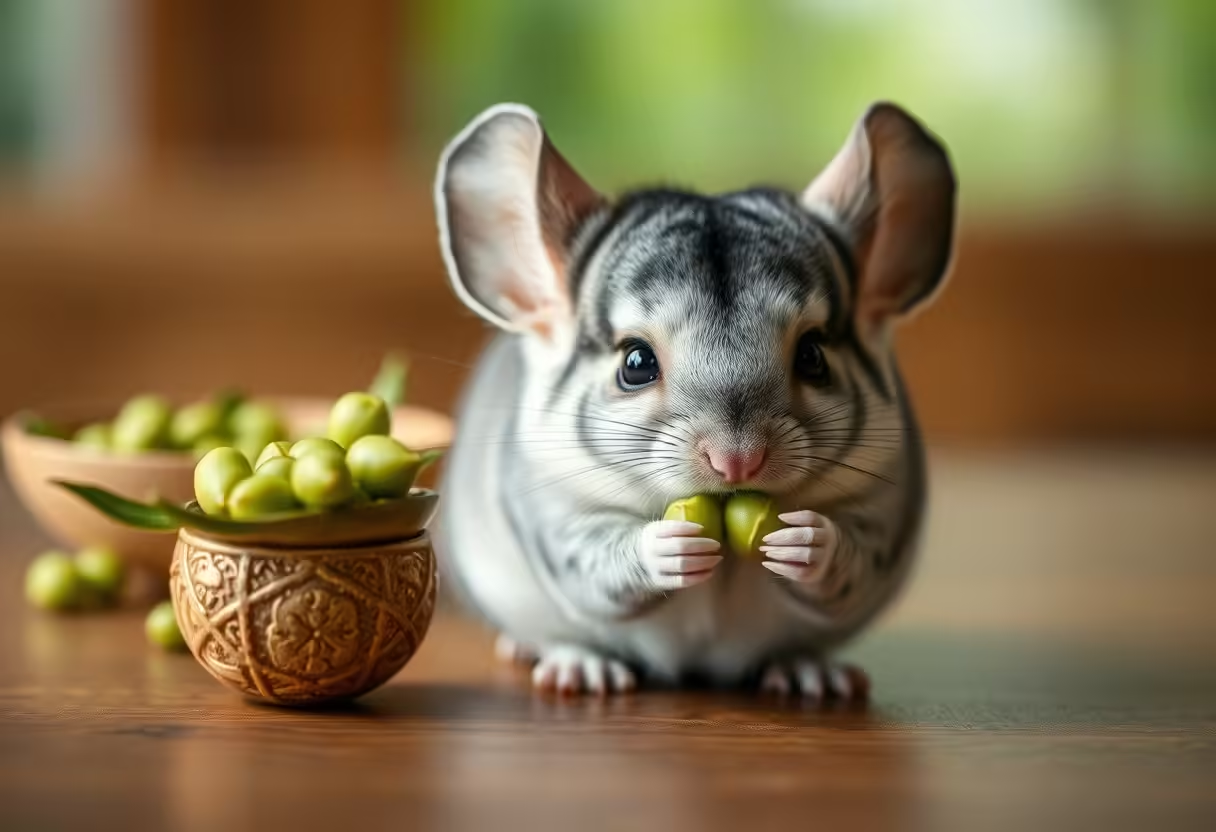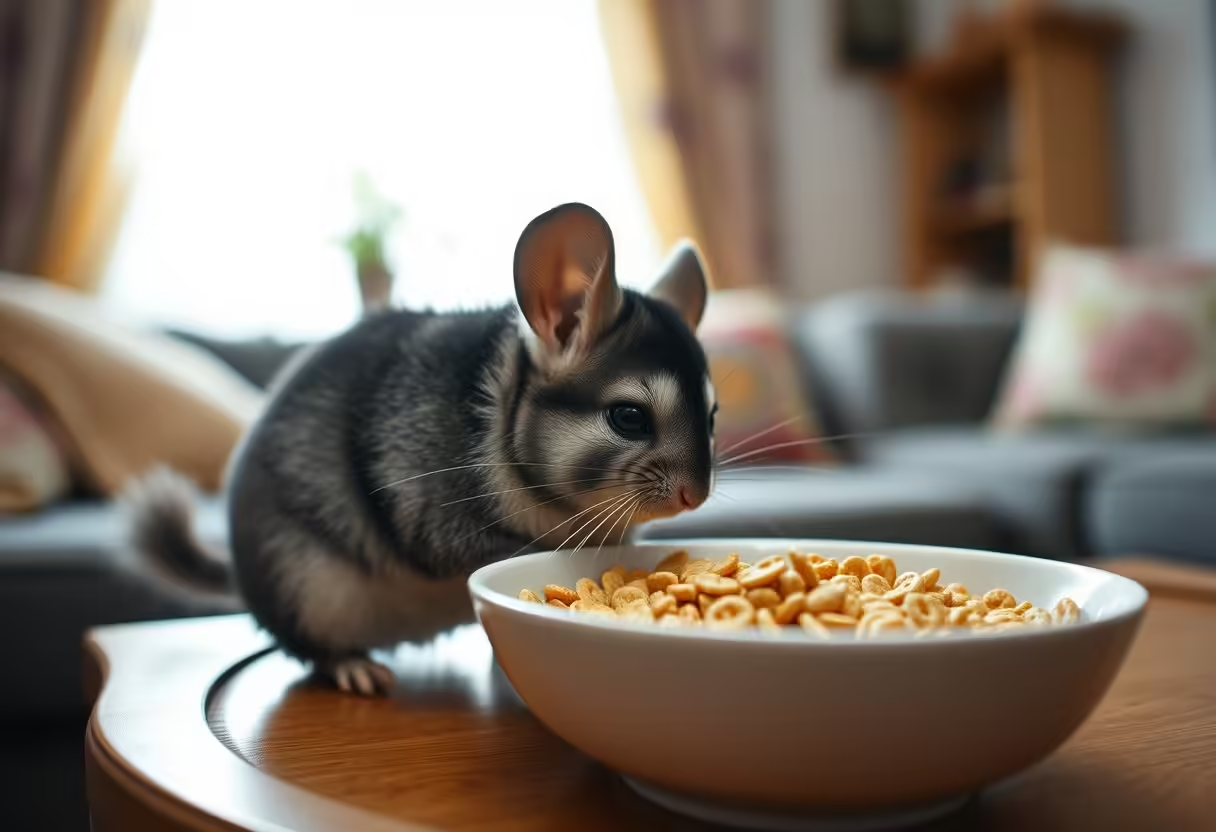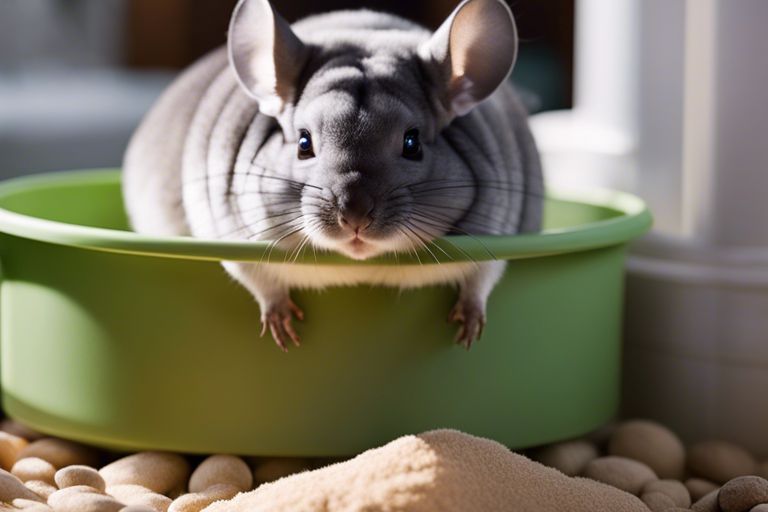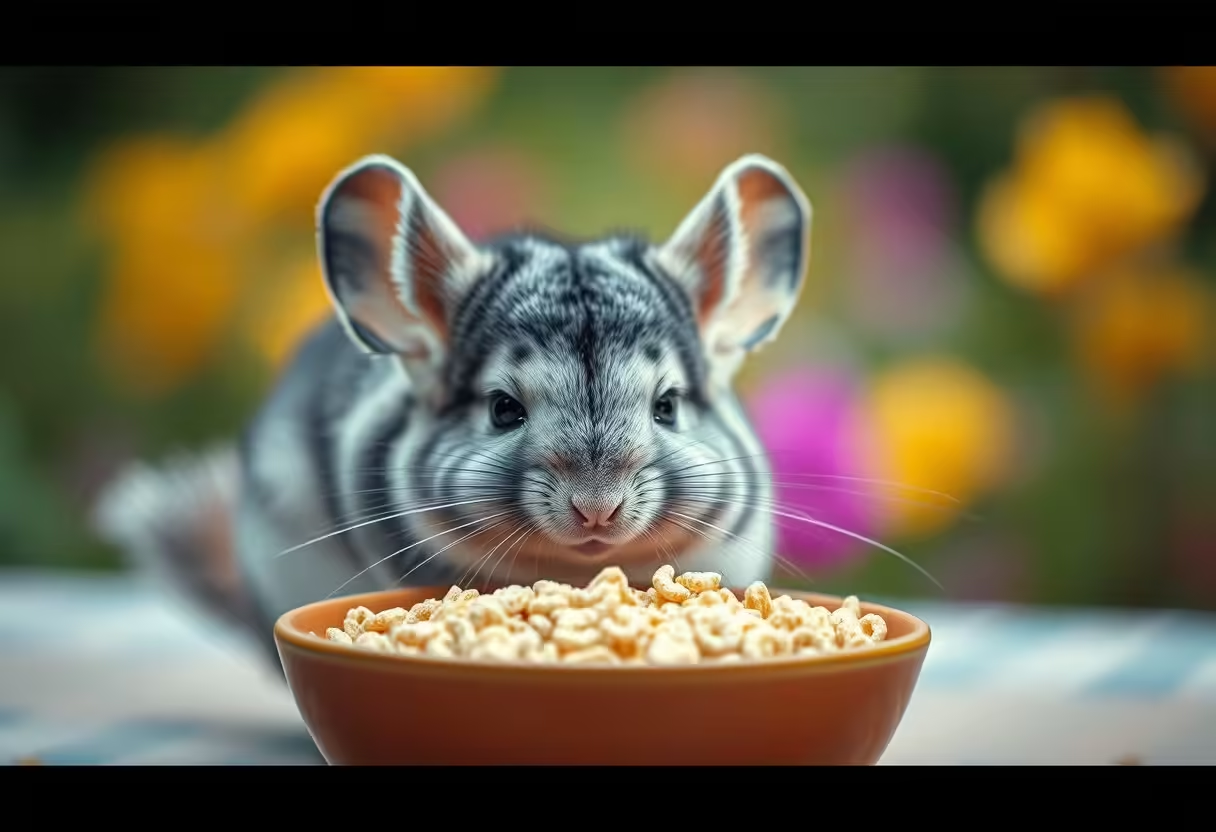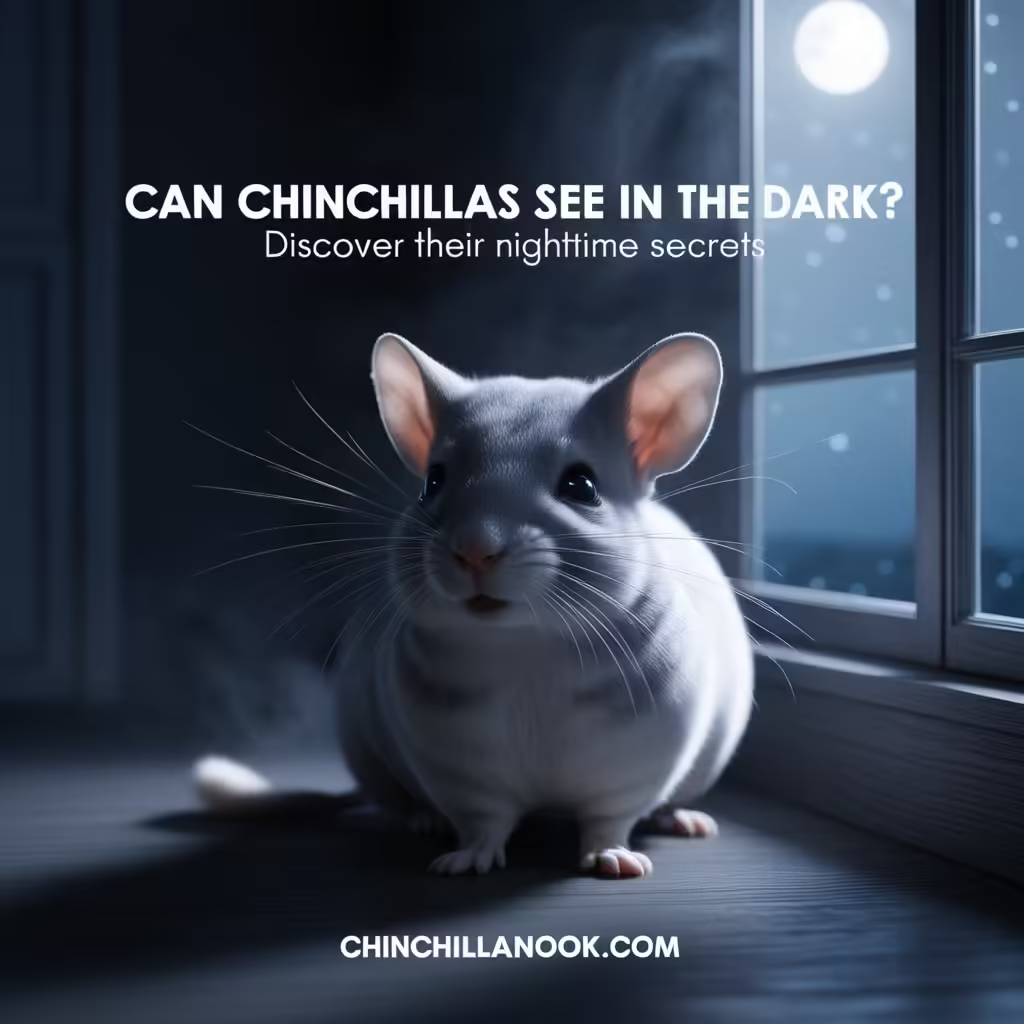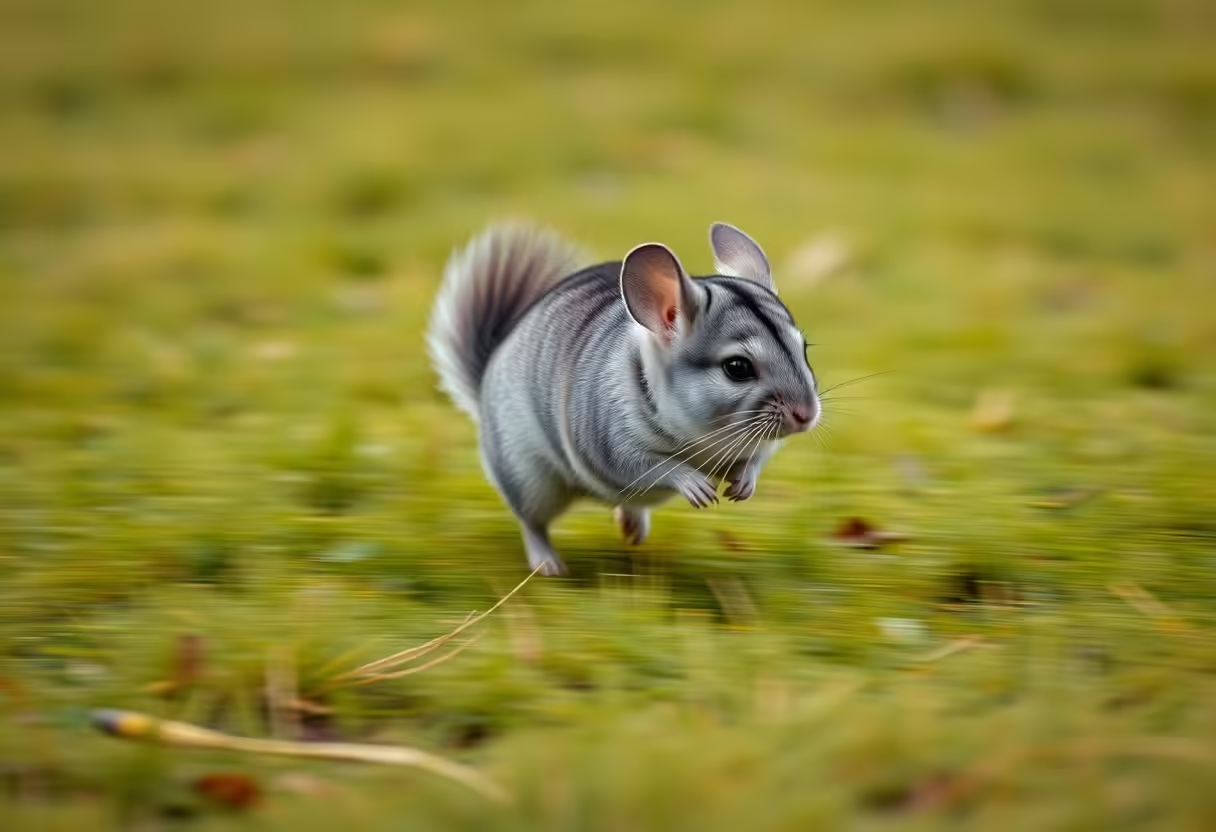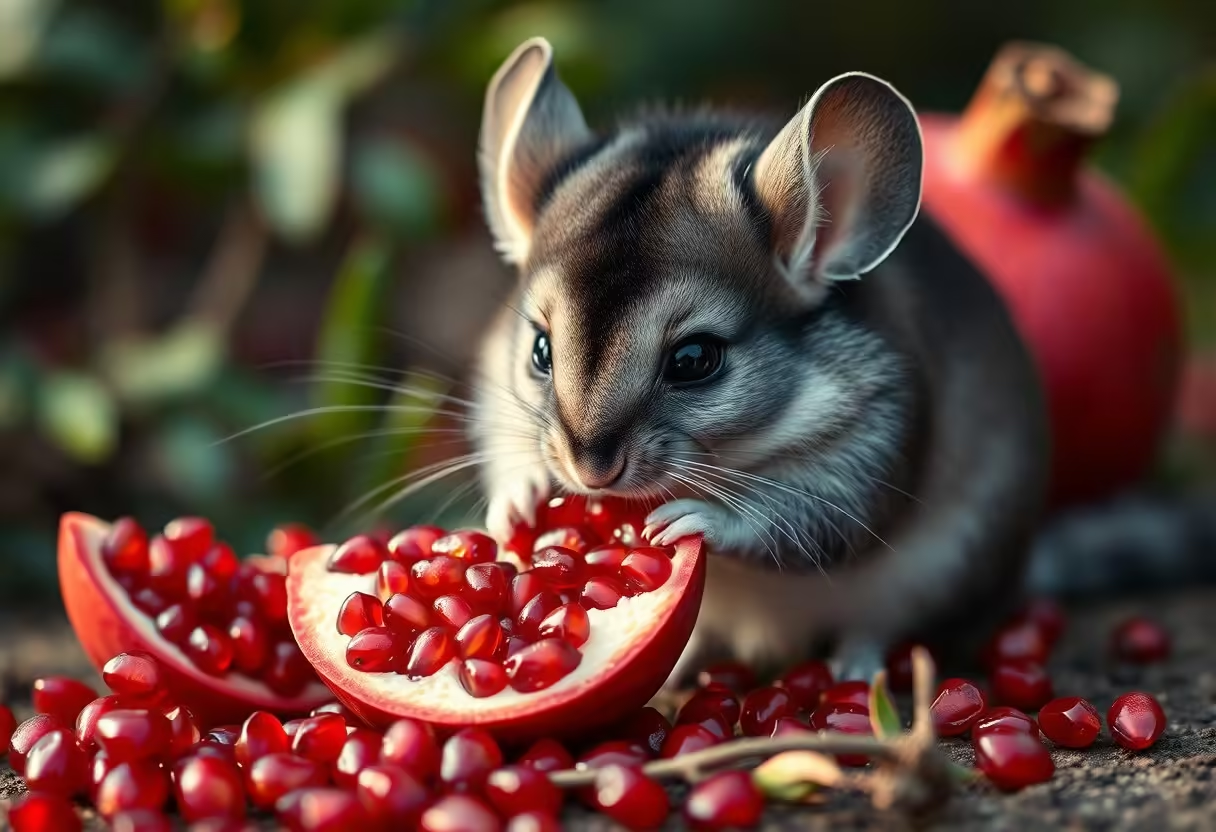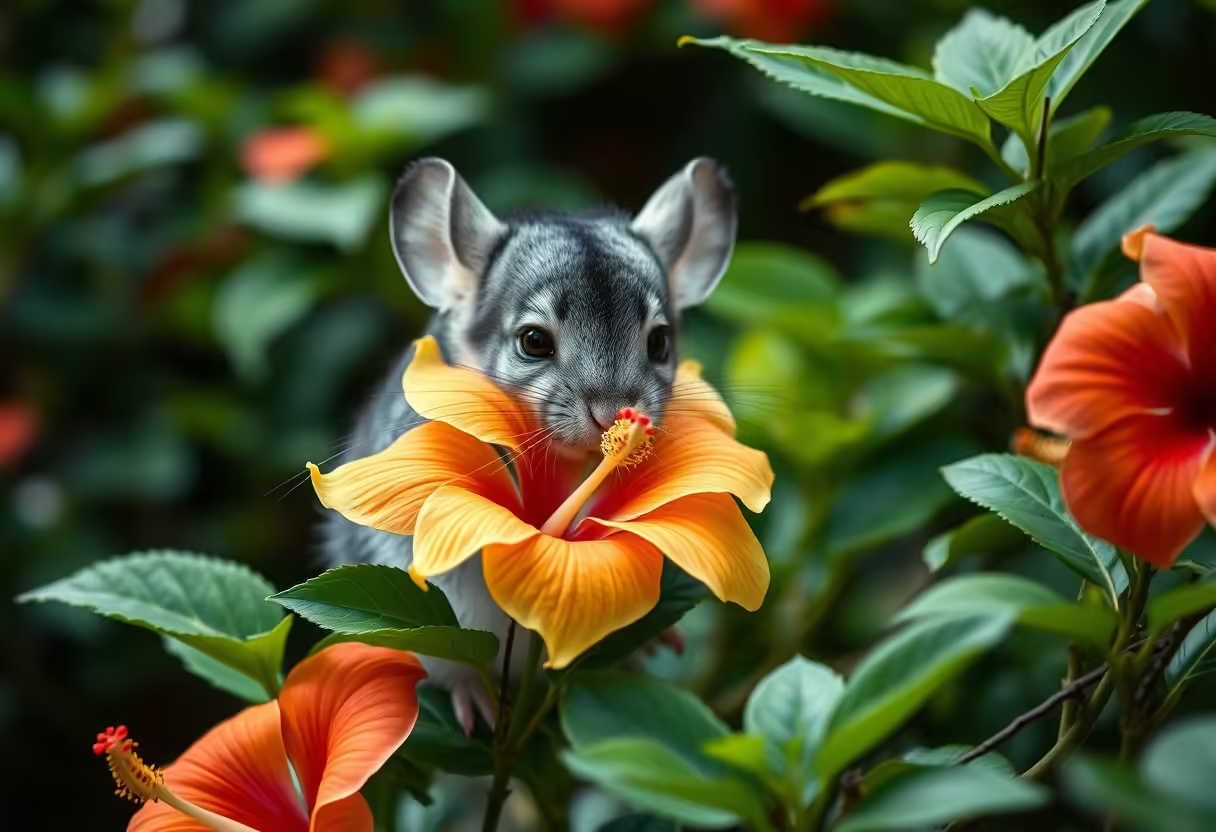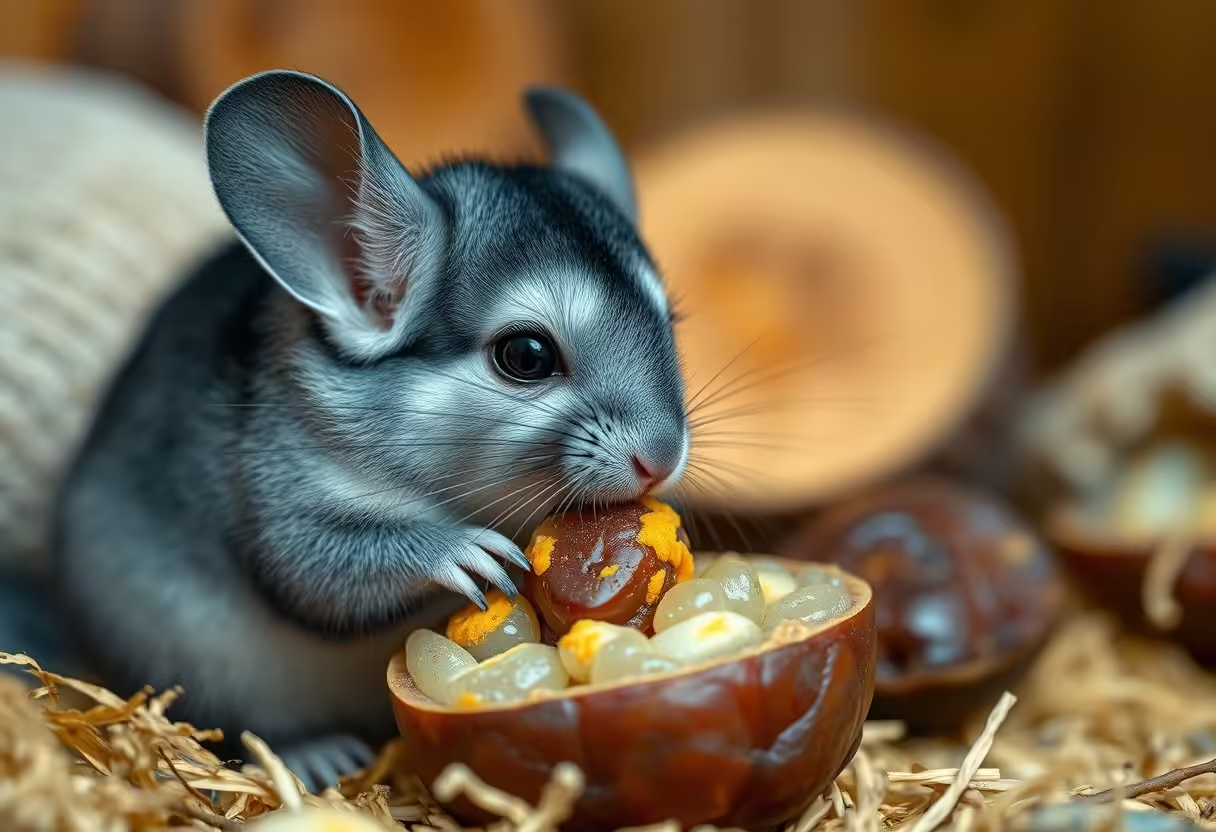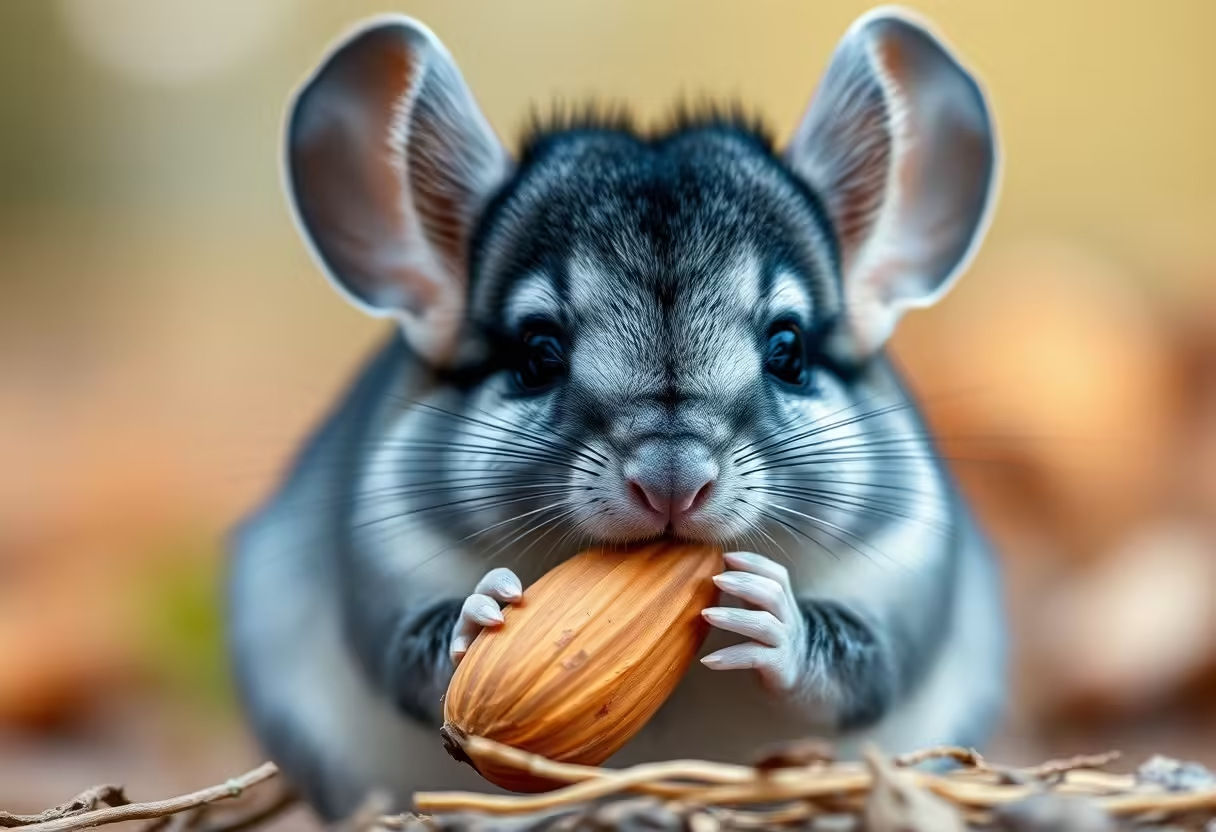Can Chinchillas Eat Edamame?
Yes, chinchillas can eat edamame in moderation as an occasional treat. While edamame provides protein and fiber, it is high in calories, which may cause digestive issues if consumed excessively. This article explores the benefits and risks of feeding edamame to chinchillas, ensuring you can make informed decisions about your pet’s nutrition. Key Takeaways: Nutritional …
